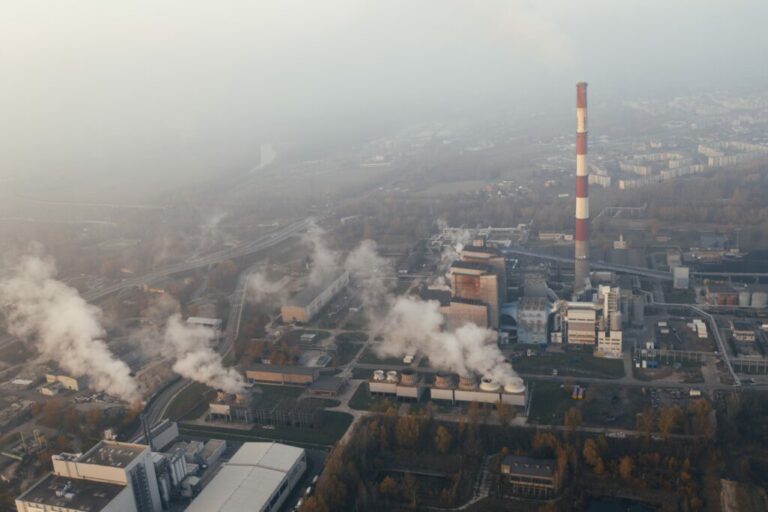Salam, melde dich KOSTENLOS an, um den vollständigen Text zu lesen.
Wenn du Fragen dazu hast, melde dich per Mail an team@kohero-magazin.de
When will industrialised countries finally take responsibility? Brenda Kusi-Appiah is asking this question .

Wenn du Fragen dazu hast, melde dich per Mail an team@kohero-magazin.de


Über fundraisingbox kannst du ganz einfach einen beliebigen Betrag spenden.